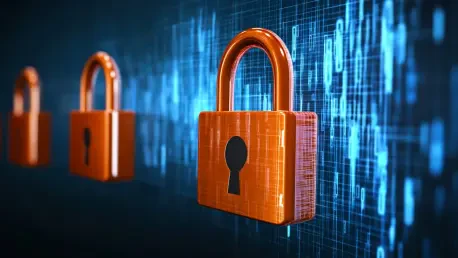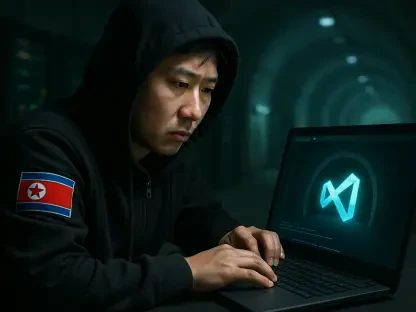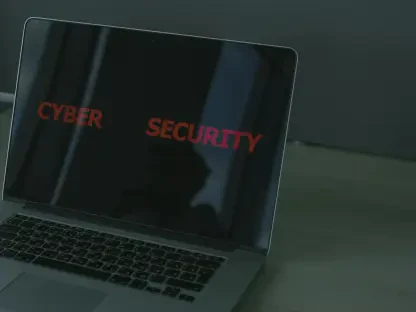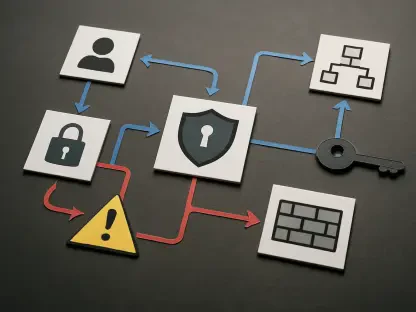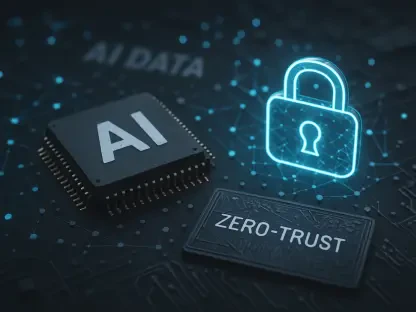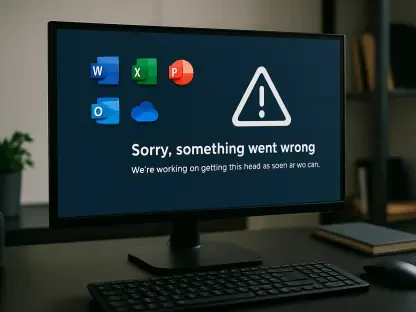In an era where digital security is paramount, a significant data breach has thrust PowerSchool, a company specializing in education technology, into the spotlight. This breach has compromised the personal information of students and teachers within Tennessee’s Memphis-Shelby County Schools, among others. With allegations of negligence, breach of contract, and false advertising, the school district has commenced legal proceedings against PowerSchool in the U.S. District Court of Southern California. It claims that the hacking incident last December resulted in the theft of sensitive data and has inflicted considerable damage and financial burden. Over the past several years, the district has invested $21 million in PowerSchool’s services and now seeks restitution for the expenses incurred to address the fallout from these security lapses.
Legal Tides Against PowerSchool
Mounting Lawsuits and Collective Legal Action
Memphis-Shelby County Schools are not the only ones taking legal routes, as PowerSchool is navigating a growing wave of lawsuits from various districts. Represented by the Frantz Law Group, these school districts are collectively seeking accountability from PowerSchool for failing to secure their systems properly. In a significant show of solidarity, over 100 school districts have united under the legal umbrella to address this breach. The overarching aim is to reclaim taxpayer funds when public money is allocated to contracts involving privatized education technology services. The dissatisfaction is increasingly apparent, with attorney William Shinoff stating that those who trust vendors like PowerSchool expect a fundamental level of accountability in their operations and compliance with contractual obligations. Approximately 50 class action lawsuits have been consolidated, representing affected students and educators. Their unified voice underscores a broader discontent and concern over PowerSchool’s handling of this incident, emphasizing a demand for transparency and efficacy in managing educational records.
Impact and Implications for Schools Nationwide
The repercussions of this breach extend beyond a mere legal battle, raising widespread apprehension about student data security. Memphis-Shelby County Schools identified that deeply confidential information, including student IDs, Social Security numbers, and medical details, is reportedly at risk. Such revelations have caused alarm given the potential for its exploitation on platforms like the Dark Web. At the heart of this issue is PowerSchool’s PowerSource customer support portal, which lacked multifactor authentication—a critical security measure that could have mitigated risk. Schools are now grappling with the complex task of transitioning away from PowerSchool, a process anticipated to incur significant costs and extend over several months. The district claims that PowerSchool’s initial reassurances downplayed the severity, affording false comfort and complicating alternative arrangements. This scenario highlights a crucial lesson for other educational institutions on the importance of stringent safeguards and proactive strategies in preserving the sanctity of personal data.
Spotlight on Data Security and Trust
Examining PowerSchool’s Security Lapse
The essence of the problem is a startling lapse in security protocol by PowerSchool, spotlighted through its portal’s vulnerability. Multifactor authentication, a common practice in safeguarding digital interactions, was notably absent. This oversight has exposed many educational institutions and their stakeholders to profound risks. While PowerSchool has acknowledged the breach and its ramifications, its response and mitigation efforts have been criticized as inadequate by many affected parties. The tangible impact and fear of misuse have left school administrations pondering over cost-effective but secure alternatives to safeguard their ecosystems. There is an increasing demand for more robust, frictionless security solutions that not only prevent incidents of this nature but also swiftly minimize damage should another breach occur. The breach illustrates a need for a balanced approach that integrates comprehensive security policies with the educational practices catered to students and faculty.
Rebuilding Trust with Technology Partners
As educational entities navigate this tumultuous landscape, emphasis is densely placed on forging trusted alliances with technology partners. The incident with PowerSchool serves as a case study, urging districts to reevaluate vendor relationships and establish more stringent data protection obligations within contracts. The necessity for transparency regarding how sensitive data is handled and protected has never been more pronounced. Educational institutions are likely to adopt more rigorous due diligence protocols when selecting technology partners in the future. Furthermore, to rebuild trust, companies like PowerSchool are urged to align with transparent and robust data security practices promptly. Strengthening cybersecurity infrastructures and demonstrating a commitment to resolving vulnerabilities can aid in restoring faith among partners and clients. The challenge remains: balancing innovation in educational technology with uncompromising standards of security to nurture a safe, thriving digital environment for all stakeholders.
Navigating Future Landscapes
Memphis-Shelby County Schools are part of a broader legal movement where PowerSchool faces mounting lawsuits from numerous school districts. These districts, guided by Frantz Law Group, are holding PowerSchool accountable for inadequate cybersecurity measures. Showing unity, over 100 school districts have merged their efforts under one legal action to tackle this breach. Their primary goal is to recover taxpayer money spent on contracts with private educational tech services. The dissatisfaction is palpable, with attorney William Shinoff expressing that schools expect necessary accountability and adherence to contractual duties from vendors like PowerSchool. Around 50 class action lawsuits have been consolidated, representing impacted students and educators. Their voices reflect significant concern over PowerSchool’s conduct, emphasizing the need for transparency and effective management of educational records. This movement highlights a growing demand for better oversight and responsibility in educational technology collaborations.
